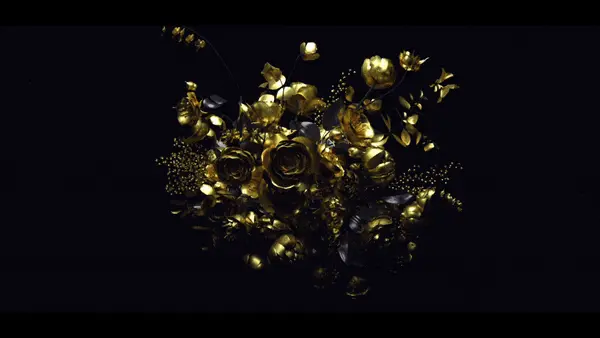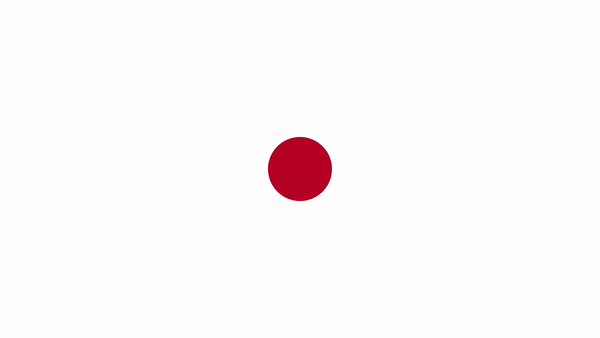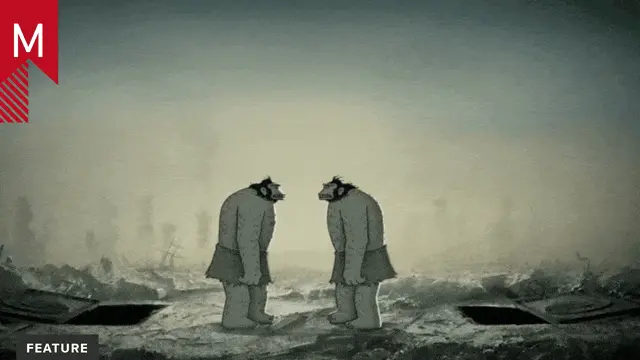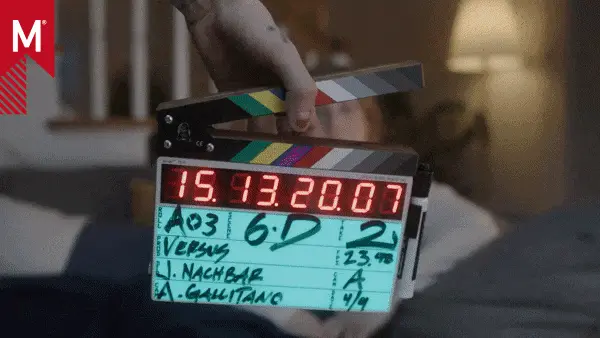Twenty years after Jawed Karim uploaded YouTube’s first video, Me at the Zoo, the platform’s 2.53 billion users are finally hearing from its true pioneers: the elephants. On April 23, 2005, Karim stood before an enclosure at San Diego Zoo, marveling at the animals’ “really, really long trunks.” But while his 19-second clip launched a digital revolution, the Asian elephants behind him remained trapped in a cycle of captivity—a reality World Animal Protection confronts in *“Us Still at the Zoo”*, an AI-generated film released today.
The provocative video reimagines Karim’s footage through the eyes of Sumithi, an elephant who spent 48 years in confinement before her death. Using archival material and AI tools, the film juxtaposes YouTube’s exponential growth with the stagnant suffering of captive elephants. “Sumithi’s story isn’t unique,” says Cameron Harsh, Programs Director at World Animal Protection U.S. “Elephants are dynamic, social beings—not props. Whether wild-caught or born in captivity, they endure physical and psychological trauma in spaces that can’t replicate their natural habitats.”
The campaign spotlights Joyce, an Asian elephant currently housed at Six Flags Great Adventure in New Jersey, where she’s lived alone since 2021. Unlike YouTube’s evolution—from grainy zoo clip to 4K streams—elephant enclosures remain stuck in time: cramped, barren, and devoid of herd dynamics critical to their well-being.
Us Still at the Zoo serves as both eulogy and call to action. “Sumithi’s freedom came too late,” says Harsh. “But Joyce, and thousands like her, still have a chance.” As YouTube celebrates its legacy, the film urges viewers to rethink who benefits from humanity’s progress—and who pays the price.
World Animal Protection is a global nonprofit ending animal exploitation through systemic change. For 75 years, we’ve exposed cruelty, advocated humane alternatives, and driven policy reforms across nearly 50 countries. As the only animal welfare organization with UN ECOSOC consultative status, we influence global decision-makers to prioritize animals. Focused on farmed animals and wildlife exploited in entertainment, pet trades, and fashion, we champion a future where animals thrive free from suffering.









